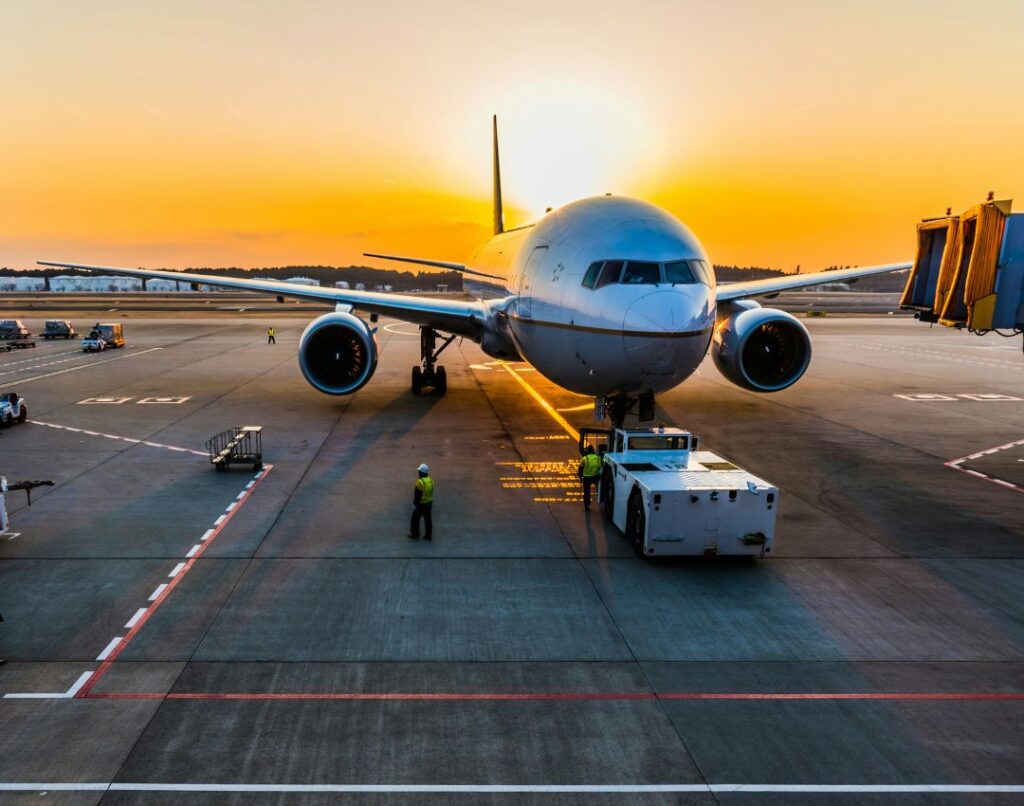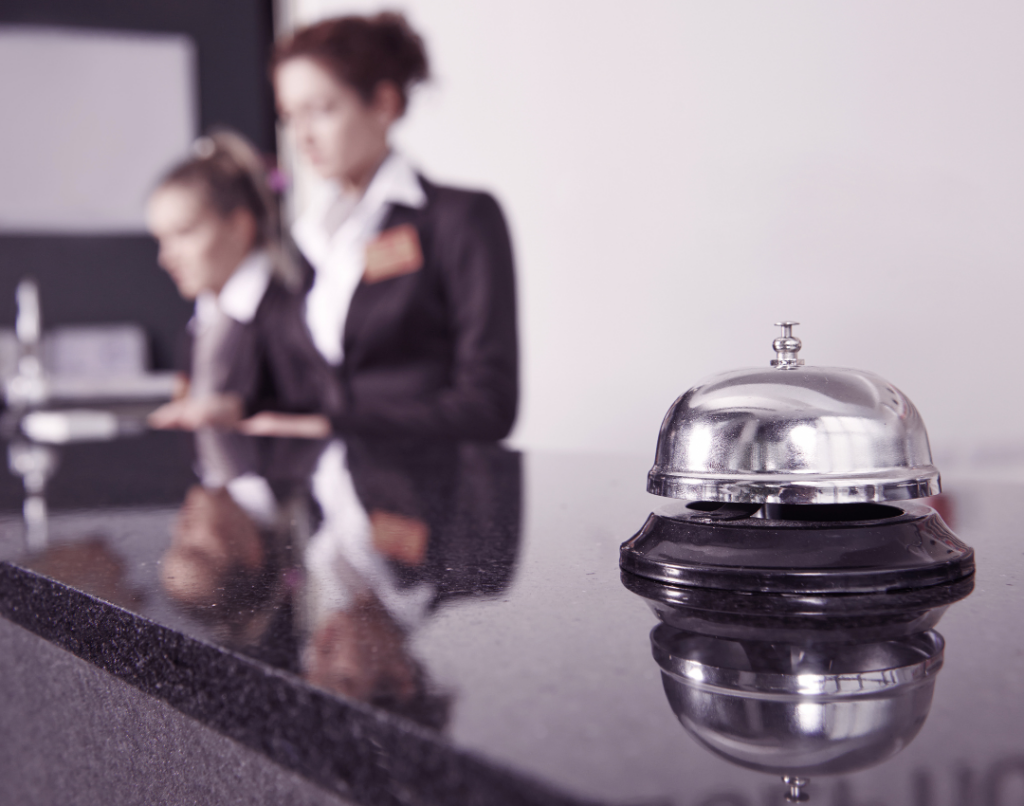Organisations are under pressure to cut costs on business trips so where can travel managers and procurement managers reduce spend while maintaining the best experience for travellers?
Our survey showed the price of air travel came first, gaining more than half of the votes (55%). Almost a quarter highlighted the cost of sustainable travel (23%). Then 13% selected hotel rooms and 9% highlighted the added cost of meetings and events.

The impact of air fares
Inevitably, air fares make up a significant part of business travel budgets. According to Business Travel News’ annual airline survey, 86% of corporate travel managers said airfares had affected their companies’ ability or willingness to travel.
There are many elements that will have an affect on global air fares this year. These include delivery delays of new aircraft, resulting in constrained capacity. And, aviation analytics provider OAG reports that, although it predicts a continuation of the status quo in flight prices, additional factors – such as salary increases and changing oil prices – suggest a stable experience rather than a cost-saving one.
Business-class flights on popular routes can be expensive for companies worldwide. If a traveller or booker is booking flights independently, they could be missing out on the added value a TMC-sourced fare can deliver.
The growth in sustainable travel options
Sustainable approaches within the aviation sector are also likely to have an impact. Airlines are investing more heavily in efficiency measures, including fleet renewal, and many have started to roll out Sustainable Aviation Fuel (SAF) initiatives, plus are committed to their own corporate targets. In Europe, for example, a SAF blend mandate, as well as growth in carbon pricing, may drive higher ticket prices in the coming years.

A hike in hotel rates?
As companies look to save money on business travel, the outlook for hotel costs is also likely to put pressure on travel budgets. Uncertainty across prices is likely to remain, as interest rates stay higher for longer and margin pressure will grow, which may impact hotel rates.
In addition, some markets will experience demand outstripping supply. This is happening because international travel – both business and leisure – continues to increase. There is also a rise in meetings and events. All of which are likely to push up rates.
How can you reduce business travel costs and where can you find added value?
“Where clients are seeing they can win new business, build stronger relationships with their clients and grow they’re increasing their travel budgets but, ultimately travel managers and CFOs will be weighing up the value of the travel,” Reed & Mackay Group CEO Fred Stratford says. “And that’s where travel management companies (TMC) can support. A TMC can help corporates understand the true value and not just the cost piece. It’s about smarter travelling.”





